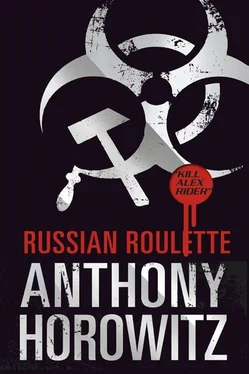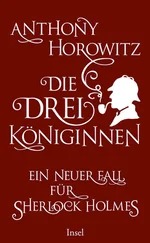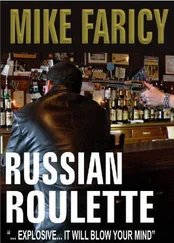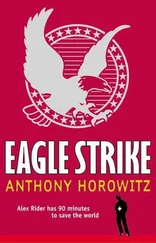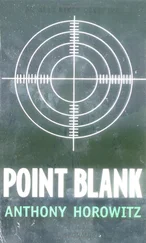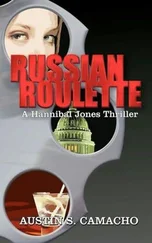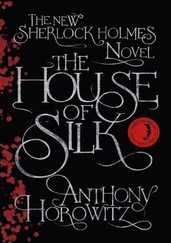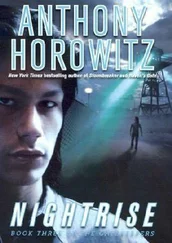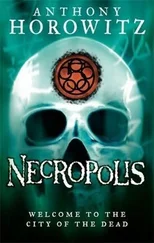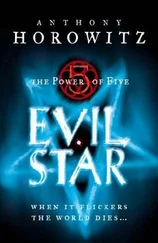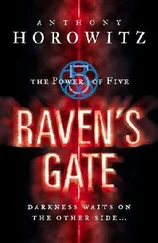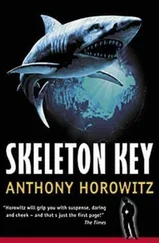We ate extremely well in restaurants that were empty of tourists. Hunter didn’t like to spend a fortune on food and never ordered alcohol. He preferred grenadine, the red syrup he had introduced me to in Venice. I drink it to this day.
We never once discussed the business that had brought us here but we were quietly preparing for it. At six o’clock every morning we went on a two-hour run together… It was a spectacular circuit down the Champs-Elysées, through the Jardins des Tuileries and across the Seine. There was a pool and a gym at the hotel and we swam and worked out for two hours or more. I sometimes wondered what people made of us. We could have been friends on holiday or perhaps, given our age difference, an older and a younger brother. That was how it felt sometimes. Hunter never refered back to our conversation in the jungle, although some of the things he had said remained in my mind.
We had arrived on a Monday. On the Thursday, Hunter received a note from the concierge as we were leaving the hotel and read it quickly without showing it to me. After that, I sensed that something had changed. We took the Metro to Montmartre that day and walked around the narrow streets with all the artists’ studios and drank coffee in one of the squares. It was just warm enough to sit outside. By now we were relaxed in each other’s company but I could tell that Hunter was still agitated. It was only when we reached the great white church of Sacré-Cœur, with its astonishing views of Paris, that he turned to me.
“I need to have some time on my own,” he said. “Do you mind?”
“Of course not.” I was surprised that he even needed to ask.
“There’s someone I have to meet,” he went on. He was more uneasy than I had ever seen him. “But I’m breaking the rules. We’re both under cover. We’re working. Do you understand what I’m saying? If Julia Rothman found out about this, she wouldn’t be pleased.”
“I won’t tell her anything,” I said. And I meant it. I would never have betrayed Hunter.
“Thank you,” he said. “We can meet back at the hotel.”
I walked away but I was still curious. The more I knew about Hunter the more I got the feeling that there were so many things he wasn’t telling me. So when I reached the street corner, I turned back. I wanted to know what he was going to do.
And that was when I saw her.
She was standing on the terrace in front of the main entrance of the church. There were quite a few tourists around but she stood out because she was alone and pregnant. She was quite small – the French would say petite – with long fair hair and pale skin, wearing a loose, baggy jacket with her hands tucked into her pockets. She was pretty.
Hunter was walking towards her. She saw him and I saw her face light up with joy. She hurried over to him. And then the two of them were in each other’s arms. Her head was pressed against his chest. He was stroking her hair. Two lovers on the steps of Sacré-Cœur… what could be more Parisian? I turned the corner and walked away.
The next day, Vosque returned.
He lived in the fifth arrondissement , in a quiet street of flats and houses not far from the Panthéon, the elaborate church that had been modelled on a similar building in Rome and where many of the great and good of France were buried. Hunter had received a full briefing in an envelope sealed with a scorpion. I guessed it had been delivered to his hotel room by someone like Marcus, who had done the same for me in New York. The two of us went to a café on the Champs-Elysées. It might have seemed odd to discuss this sort of business in a public place but in fact it was safer to choose somewhere completely random. We could make sure we weren’t being followed. And we knew it couldn’t be bugged.
Vosque provided a very different challenge to the Commander. He might be easier to reach but he probably knew we were coming so there was a good chance he had taken precautions. He would carry a gun. He could expect protection from the French police. As far as they were concerned, he was one of them, a senior officer and a man to be respected. If he was gunned down in the street, there would be an immediate outcry. Ports and airports would be closed. We would find ourselves at the centre of an international manhunt.
He lived alone. Hunter produced some photographs of his address. They had been provided by Scorpia and showed a ground-floor apartment with glass doors and double-height windows on the far side of a courtyard shared by two more flats. Although one of these was empty, the other was occupied by a young artist, a potential witness. An archway opened onto the street. There was no other way in and an armed policeman – a gendarme – had been stationed in the little room that had once been the porter’s lodge. To reach Vosque, we had to get past him.
In all our discussions, we called Vosque “the Cop”. As always, it was easier to depersonalize him. On the Saturday, we watched him leave the flat and walk to his local supermarket, two streets away. He was a short, bullish man, in his late forties. As he walked, he swung his fists and you could imagine him lashing out at anyone who got in his way. He was almost bald with a thick moustache that didn’t quite stretch to the end of his lip. He was wearing an old-fashioned suit but no tie. After he had done his shopping, he stopped at a café for a cigar and a demi-pression of beer. Nobody had escorted him and I thought it would be a simple matter to shoot him where he sat. We could do it without being seen.
But Hunter wasn’t having any of it. “That’s not what Scorpia wants,” he said. “He has to be killed in his home.”
“Why?”
“You’ll see.”
I didn’t like the sound of that but I knew better than to ask anything more.
Our Paris holiday was over. Even the weather had changed. On Sunday morning it rained and the whole city seemed to be sulking, the water spitting off the pavements and forming puddles in the roads. This was the day when Vosque was going to die. If we wanted to find him alone in his flat, it made sense. Monday to Friday he would be in his office, which was situated inside the Interior Ministry. According to his file, most evenings he went out drinking or ate with friends in cheap restaurants around the Gare St-Lazare. Sunday for him was dead time – in more than one sense.
That morning, Annabelle Finnan, the artist who lived next door to Vosque, received a telephone call from the town of Orléans, telling her that her elderly mother had been run over by a van and was unlikely to survive. This was untrue but Annabelle left at once. We were waiting in the street and saw her flag down a taxi. Then we moved forward.
We were both wearing cheap suits, white shirts and black ties. We were carrying bibles. The disguise had been Hunter’s idea and it was a brilliant one. We had come as Jehovah’s Witnesses. There had been real ones, apparently, working in the area and nobody would have noticed two more, following in their wake. The gendarme in the porter’s lodge saw us and dismissed us in the same instant. We were the last thing he needed on a wet Sunday morning, two Bible-bashers come to preach to him about the end of the world.
“Not here!” the gendarme grunted. “Thank you very much, my friends. We’re not interested.”
“But, monsieur …” Hunter began.
“Just move along…”
Hunter was holding his bible at a strange angle and I saw his hand press down on the spine. There was a soft hissing sound and the gendarme jerked backwards and collapsed. The bible must have been supplied by Gordon Ross, all the way from Malagosto. It had fired a knock-out dart. I could see the little tuft sticking out of the man’s neck.
Читать дальше
